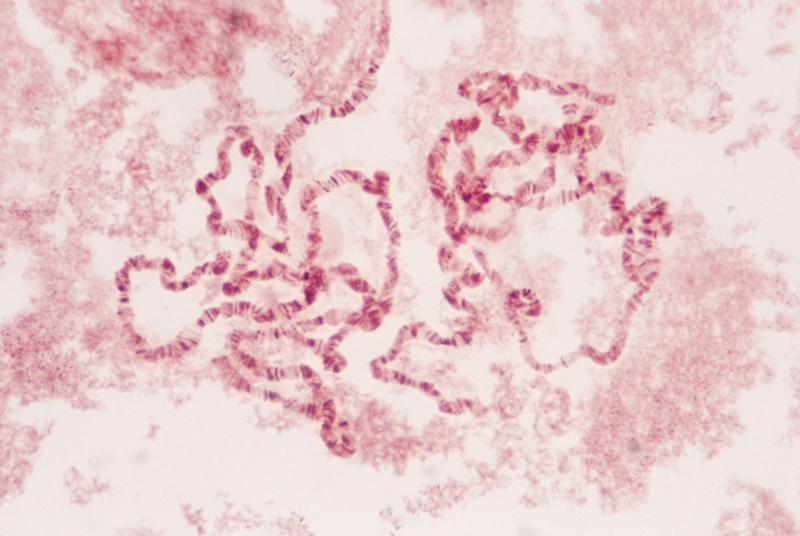
WEDNESDAY, March 10 (HealthDay News) — By analyzing the genome of a colleague who has Charcot-Marie-Tooth syndrome, U.S. scientists have identified gene mutations associated with the neurological disorder, which affects the function of nerves in the limbs, hands and feet.
The study, published online March 10 in the New England Journal of Medicine, involved sequencing the complete genome of Dr. James Lupski, vice chairman of molecular and human genetics at Baylor College of Medicine in Houston.
The researchers found that Lupski has different mutations in the copies of the gene SH3TC2 that he inherited from his parents. Neither parent has the disease but four of their children inherited both the gene mutations and the disease.
“This is the first time we have tried to identify a disease gene this way,” Lupski said in a Baylor news release. “It demonstrates that the technology is robust enough that we can find disease genes by determining the whole genome sequence. We can start to use this technology to interpret the clinical information in the context of the sequence — of the hand of cards you have been dealt. Isn’t that the goal or dream of personalized genomic medicine?”
Lupski and his colleagues also found that a person who carries only one of the recessive mutations is susceptible to carpal tunnel syndrome.
“I wonder how often this occurs,” Lupski said. “People who carry one gene for a recessive disease may have susceptibility for complex traits. Will we be able to look at some alleles [gene copies] like this to see what you might be susceptible to?”
More information
The U.S. National Institute of Neurological Disorders and Stroke has more about Charcot-Marie-Tooth syndrome.

